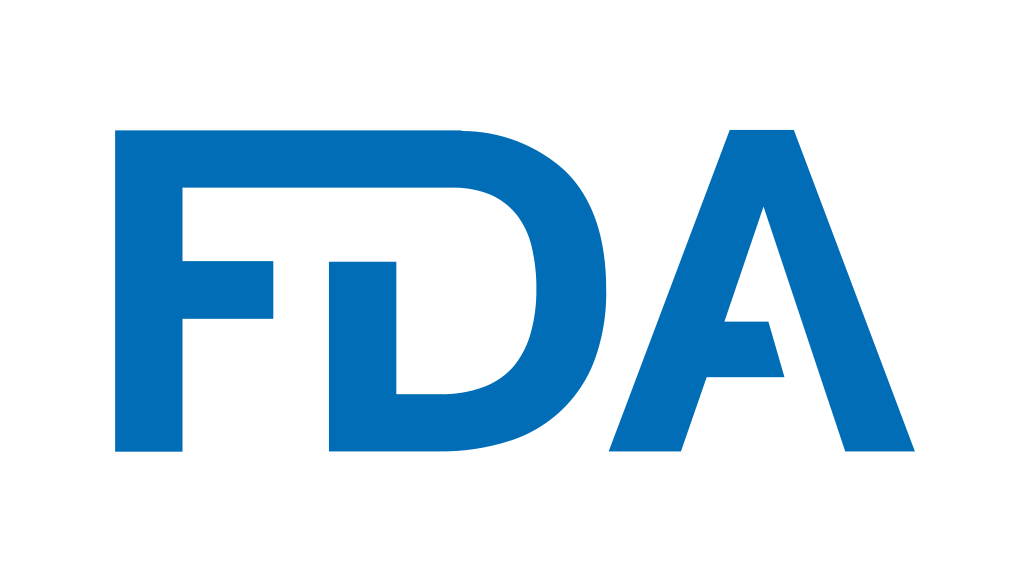UCB, a leading global biopharmaceutical company, has announced that KYGEVVI has received FDA approval for the treatment of adults and pediatric patients diagnosed with thymidine kinase 2 deficiency (TK2d) who experienced symptom onset at or before 12 years of age. This marks the first and only approved therapy for patients living with TK2d.
Thymidine kinase 2 deficiency is an extremely rare, life-threatening genetic mitochondrial disorder. It is marked by progressive and severe muscle weakness (myopathy) and, until now, had no treatment options beyond supportive care. For patients whose symptoms begin on or before 12 years of age, the condition carries a high risk of early mortality, often within three years of symptom onset. The global prevalence of TK2d is estimated at 1.64 [0.5, 3.1] cases per 1,000,000 individuals.
“The approval of doxecitine and doxribtimine represents a pivotal moment for the TK2d community who previously had no FDA-approved treatment options for this rare genetic mitochondrial disease beyond supportive [palliative] care,” said Donatello Crocetta, Chief Medical Officer at UCB. “We extend heartfelt thanks to the patients, families and friends, advocates, healthcare providers and dedicated clinical trial teams who have partnered with us on this important journey.”
Kristen Clifford, President and CEO of the United Mitochondrial Disease Foundation, emphasized the significance of the milestone: “It’s hard to overstate the importance of this FDA approval for those diagnosed with TK2d. This is an ultra-rare disease community in dire need of treatment options. For too long, caregivers and their families have had to endure the burden of this disease. Having the first-ever FDA-approved therapy for TK2d in this patient population not only meets a critical medical need – it represents something greater – hope for the future.”
Dr. Michio Hirano, Professor of Neurology and Chief of the Division of Neuromuscular Medicine at Columbia University Irving Medical Center, added: “I’ve been studying mitochondrial diseases for more than three decades and have witnessed firsthand the impact TK2d has on patients and their families. We have been waiting for an approved treatment for many years, and this approval marks a significant milestone in how we can support and manage this debilitating condition.”























